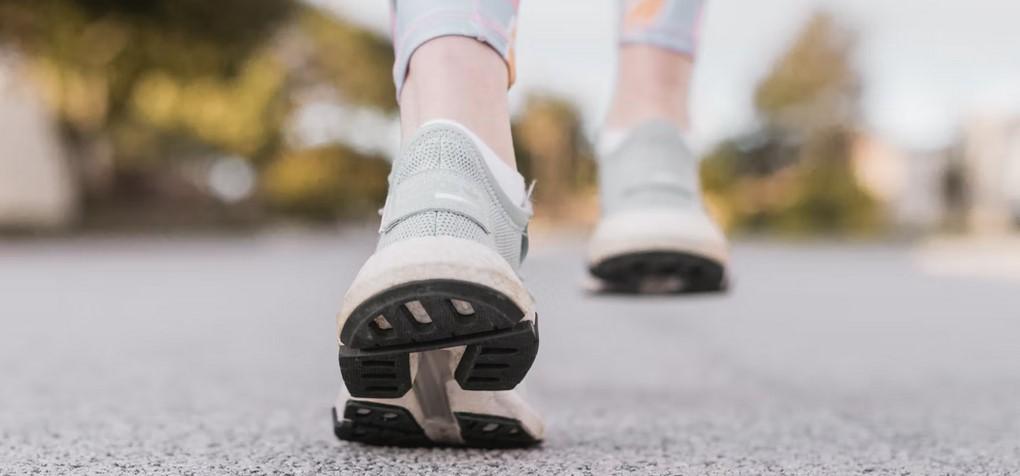PHILADELPHIA, PA – Health officials have confirmed that mosquitoes collected in several locations in Northeast Philadelphia have tested positive for West Nile virus, according to the Philadelphia Department of Public Health. This is the first positive test result of the 2025 season within the city limits, prompting officials to urge residents to take preventative measures against mosquito bites.
The positive mosquito samples were identified through the city's routine seasonal mosquito surveillance program, which monitors the presence of mosquito-borne illnesses. While the detection of the virus in mosquito populations is a common occurrence during the summer months, it serves as an important reminder for the public to be vigilant.
What is West Nile Virus?
West Nile virus is a disease transmitted to humans through the bite of an infected mosquito. Mosquitoes become infected when they feed on infected birds. The virus cannot be spread from person to person.
While the virus can cause serious illness, health officials emphasize that the vast majority of people who are infected will not become sick.
-
No Symptoms: Approximately 80% of people infected with West Nile virus will not develop any symptoms at all.
-
Mild Illness: About 20% may develop a fever, headache, body aches, nausea, vomiting, and sometimes a skin rash. Symptoms typically last for a few days.
-
Serious Illness (Rare): In less than 1% of cases, the virus can cause a serious neurologic illness such as encephalitis or meningitis. This is more common in individuals over 60 and those with certain medical conditions like cancer, diabetes, or hypertension.
How to Protect Yourself and Your Family:
The Philadelphia Department of Public Health recommends that all residents take simple precautions to protect themselves from mosquito bites and to reduce mosquito populations in their neighborhoods.
-
Use Insect Repellent: When outdoors, use an EPA-registered insect repellent containing DEET, picaridin, or oil of lemon eucalyptus on exposed skin.
-
Be Aware of Peak Hours: Mosquitoes are most active at dawn and dusk. Consider limiting outdoor activities or taking extra precautions during these times.
-
Wear Protective Clothing: Wear long-sleeved shirts, long pants, and socks when outdoors, especially in wooded or marshy areas.
-
Eliminate Standing Water: Mosquitoes breed in standing water. Once a week, residents should empty and scrub, turn over, cover, or throw out items that hold water, such as tires, buckets, planters, toys, pools, birdbaths, and trash containers.
City Response:
The city's mosquito management program will continue to monitor mosquito populations and may conduct targeted spraying in areas with high virus activity to reduce the number of adult mosquitoes.
There are currently no human cases of West Nile virus reported in Philadelphia this season. The detection of the virus in mosquitoes serves as an early warning, allowing residents to take proactive steps to protect themselves.






